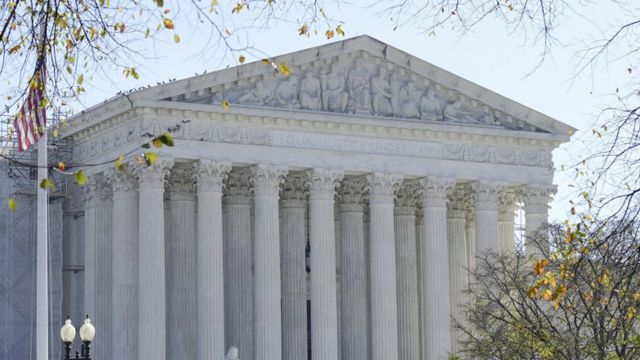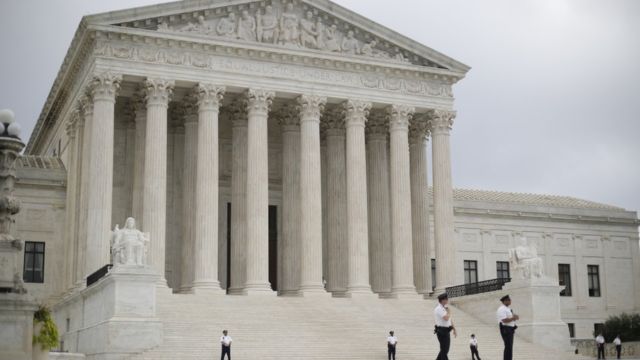WASHINGTON — The Supreme Court said that it would hear a new issue involving religious liberty, which asks whether or not a Catholic charitable organization is required to pay the employment tax in the state of Wisconsin.
In a decision that was split down the middle, the state Supreme Court of Wisconsin declined to provide an exception to the Catholic Charities Bureau, which is located in Superior, Wisconsin. The justices will review this decision. Even though the state court discovered that the motivation to assist those who are elderly, disabled, or have low incomes originates from Catholic teachings, it decided that the work that Catholic Charities and four other organizations that are affiliated with it do is not fundamentally religious.
There is a good chance that the case will be argued in the spring.
Over the course of the past few years, the Supreme Court has given a series of rulings that have consistently sided with religious plaintiffs and churches in cases that include disagreements with states.
In their argument before the court, attorneys representing the Wisconsin groups said that the ruling violates the religious freedoms that are guaranteed by the First Amendment. In addition, they stated that the court ought to intervene in order to resolve the inconsistent rulings that have been issued by several of the highest state courts over the same matter.
The state of Wisconsin is making an effort to ensure that no good deed is left unpunished. In a statement, Eric Rassbach, the primary attorney for Catholic Charities before the Supreme Court, argued that it would be absurd and inappropriate to penalize Catholic Charities for providing services to both Catholics and non-Catholics alike.
In his request to the Supreme Court of Wisconsin, Wisconsin Attorney General Joshua Kaul argued that the majority of the money for the organizations comes from state and local governments, as well as the Medicaid program that is jointly administered by the federal government and the states.
There is no requirement for employees to be Catholic, and according to what Kaul wrote, “people receiving services from these organizations receive no religious training or orientation to begin with.”
In the state of Wisconsin, organizations that are controlled by churches are exempt from paying the tax if they are “operated specifically for religious purposes.” It was decided by the highest court in the state that in order for organizations to avoid paying the tax, both the activity and the motivations in question must be religious.
In support of Catholic Charities, a group of religious experts presented the court with the argument that “the case involves governmental interference with religious liberty,” which is a circumstance that calls for the intervention of the justices.
In addition, groups representing the Catholic Church, Islam, Lutheranism, Judaism, and Mormonism submitted briefs in support of Catholic Charities.

The Freedom from Religion Foundation argued before the state Supreme Court that a finding in favor of Catholic Charities would broaden its scope to include religiously connected hospitals and some colleges located throughout the state of Wisconsin, which could result in the employees of these institutions being exempt from the state’s unemployment insurance program.
As stated in the court records, Catholic Charities in Superior is responsible for managing nonprofit organizations that are responsible for running more than sixty programs that are designed to assist persons who are disabled or elderly, children who have special needs, families with poor incomes, and people who are suffering from disasters, regardless of their religious beliefs.
According to what he wrote, Catholic Charities has been paying the unemployment tax since 1972.
Source: Supreme Court will hear Catholic charitable group’s plea to be free from Wisconsin unemployment tax

